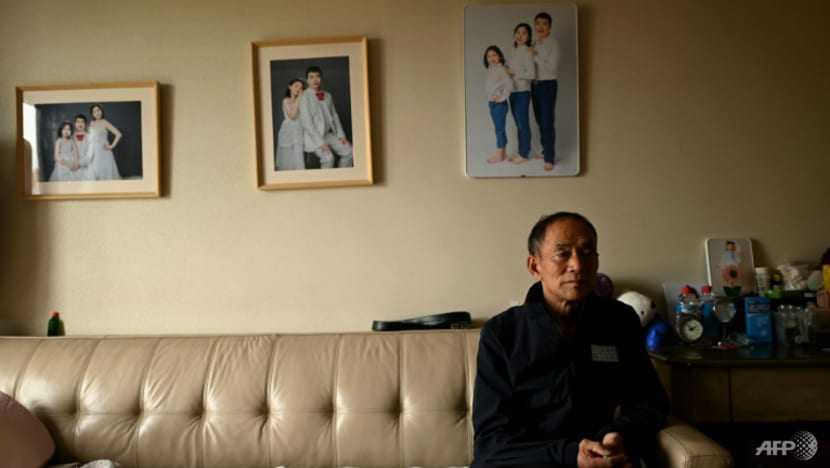Living with Alzheimer's: China's health time bomb
19 September, 2021

The first time Chen Shaohua went missing and was picked up by police, the 68-year-old's family put it down to confusion.
When he disappeared a second time, they realised he was deeply unwell - but it was already too late.
"We missed the early signs," daughter Chen Yuanyuan explained, adding: "For several years our mother complained he was lying ... but we couldn't judge because we haven't lived with them for years."
Doctors diagnosed Chen with Alzheimer's disease, the most common form of dementia, where people suffer impaired cognitive function including memory loss, eventually needing full-time care.
Approximately 10 million people have been diagnosed with the degenerative - and incurable - brain disorder in China, which accounts for approximately a quarter of the world's cases.
As the country's population is rapidly ageing, this figure is expected to soar to 40 million by 2050, according to a study by the London School of Hygiene and Tropical Medicine.
The report warned this surge in cases would cost the economy US$1 trillion each year in medical expenses and lost productivity as caregivers drop out of the workforce.
The World Health Organization says that while dementia is not "an inevitable consequence of biological ageing", the strongest risk factor for getting it is age.
And while this is a growing problem worldwide - experts say China is poorly prepared for the challenge.
The United States has 6.2 million Alzheimer's patients and 73,000 beds in specialist treatment centres, while China has double the cases but fewer than 200 beds.
"No healthcare problem looms larger in China than Alzheimer's disease," said Wei Shouchao, a neurologist from Guangdong medical university.
"It is the fastest-growing major illness on the mainland, and we are not at all equipped to deal with it."
"WE NEVER SUSPECTED"
When Chen started misplacing his keys or wallet, his family thought it was just forgetfulness.
The first time he went missing, it took 40 hours to find him. Police picked him up after someone reported an attempted break-in.
"(It) looked like the place where we used to live. Dad was confused. He forgot we are now in Beijing ... luckily no one assaulted him," his daughter told AFP.
Uncertain of what to do next, they bought him a watch that could help them track him via an app, but when he went missing again after taking it off, they realised he needed medical help.
"We never suspected Alzheimer's because we didn't have a family history and he is so young," said Chen Yuanyuan.
As millions migrate to cities, old parents in rural China are "left behind and left vulnerable", said He Yao, from the National Clinical Research Center for Geriatrics Diseases.
Lack of awareness among families means patients go without access to proper medical care for years, he said.
"This is a missed opportunity because early interventions can slow the progression of the disease," he said.
Last year, Beijing announced the Healthy China 2030 action plan that aims to roll out community-level screening programmes for the early detection of Alzheimer's or dementia and raise public awareness of the disease.
However, critics say the proposals do not include details about training doctors, building dedicated care facilities or increasing the capacity of public hospitals to treat dementia patients.
"Rural doctors aren't trained for early diagnosis," said Wei.
"Even Beijing has only one care home with staff trained to handle Alzheimer's patients."
Source: www.channelnewsasia.com
